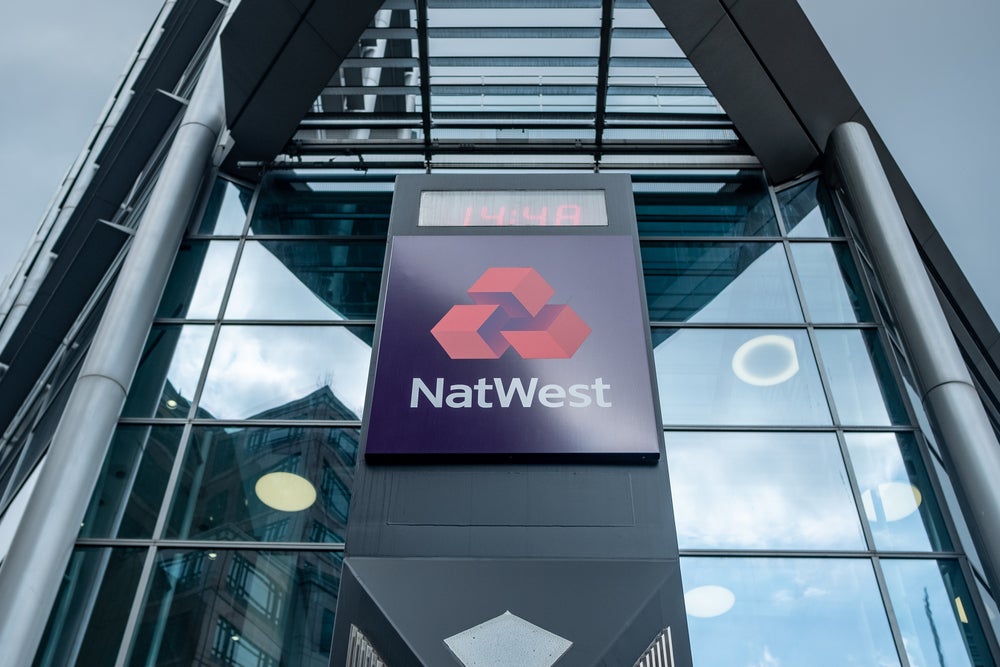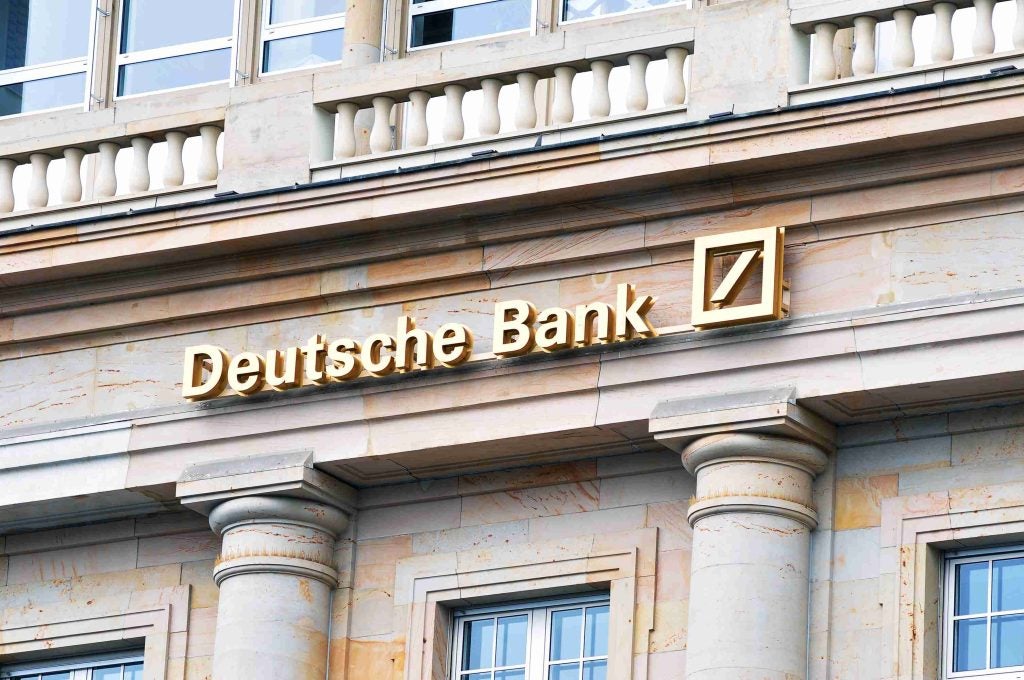Islamic banking assets could potentially reach US$8.6 billion by 2018, with a profit pool of between US$67 million and US$112 million for Islamic finance providers,according to a report released by Thomson Reuters.
Thomson Reuters has released a country report on Islamic Finance in Morocco in collaboration with the Islamic Research and Training Institute (IRTI) of the Islamic Development Bank Group, and the General Council for Islamic Banks and Financial Institutions (CIBAFI).
The national retail consumer survey indicates Moroccan Islamic banking assets could potentially reach up to 5% of total banking assets by 2018, while the retail corporate survey shows Moroccan SMEs struggle with access to capital, and Islamic financial institutions could potentially fill this gap.
While the surveys indicate a high demand for Islamic finance, Moroccans know very little about Islamic financial products, the report adds. Islamic banking and Takaful laws are expected to be passed by the Moroccan parliament this year following the approval of the sukuk law in 2013, and the country’s first standalone participatory bank is expected to open by the end of 2014.
Two of Morocco’s biggest banks, BMCE and BCP are preparing to launch Islamic subsidiaries as the Moroccan parliament discusses the approval of a bill regulating Islamic banks.
The Morocco report marks the third publication in a series of country reports designed to provide a spectrum of primary insights and information about countries developing or engaged in Islamic finance with respect to unique opportunities and challenges.
How well do you really know your competitors?
Access the most comprehensive Company Profiles on the market, powered by GlobalData. Save hours of research. Gain competitive edge.

Thank you!
Your download email will arrive shortly
Not ready to buy yet? Download a free sample
We are confident about the unique quality of our Company Profiles. However, we want you to make the most beneficial decision for your business, so we offer a free sample that you can download by submitting the below form
By GlobalDataSayd Farook, Global Head of Islamic Capital Markets, Thomson Reuters , said: "The Morocco retail consumer survey reveals a 98% demand for Islamic financial products in the largely untapped market of over 30 million Muslims. Morocco has no standalone Islamic financial institution, and this presents a substantial opportunity for investors and financial institutions."
The Casablanca Finance City initiative embodies Morocco’s strategy to create a business-friendly incentivised environment, providing Islamic financial institutions direct access into Morocco and the surrounding regional markets. Morocco is on the verge of becoming the focal centre of the broader Islamic Economy in Africa, particularly should they continue their dedicated endeavours in instilling the appropriate ground rules for Islamic finance.
Mohamad Azmi Omar, Director General of IRTI, said: "The report summarises the initiatives Morocco is offering to create a stable and business-friendly environment focused on the enhancement of the competitiveness of its economy and the realisation of an inclusive and sustainable socio-economic development."
Abdelilah Belatik, Secretary General of CIBAFI, commented: "We are confident this report will bring useful insights to the stakeholders that have interest in this promising market, from inside or outside the Kingdom. It is a timely contribution which highlights the opportunities as well as the potential challenges interested parties may face while tapping into this market."
A comprehensive set of Islamic financial regulations are in motion to complete their reviews by mid-2014. There are a lot of expectations of Islamic finance in the Kingdom of Morocco, and the Morocco report breaks these down and presents a forward-looking analysis of potential Islamic banking assets and investment opportunities.
Moroccans expect Islamic finance to not only meet religious obligations; the industry needs to be a driver for inclusive socio-economic progress. The report presents how sharia-compliant avenues – bank financing, sukuk, takaful, funds, leasing, microfinance, zakat, and awqaf – could be put to work across all economic sectors, particularly renewable energy, agriculture, infrastructure, automotive & other manufacturing, and tourism.







